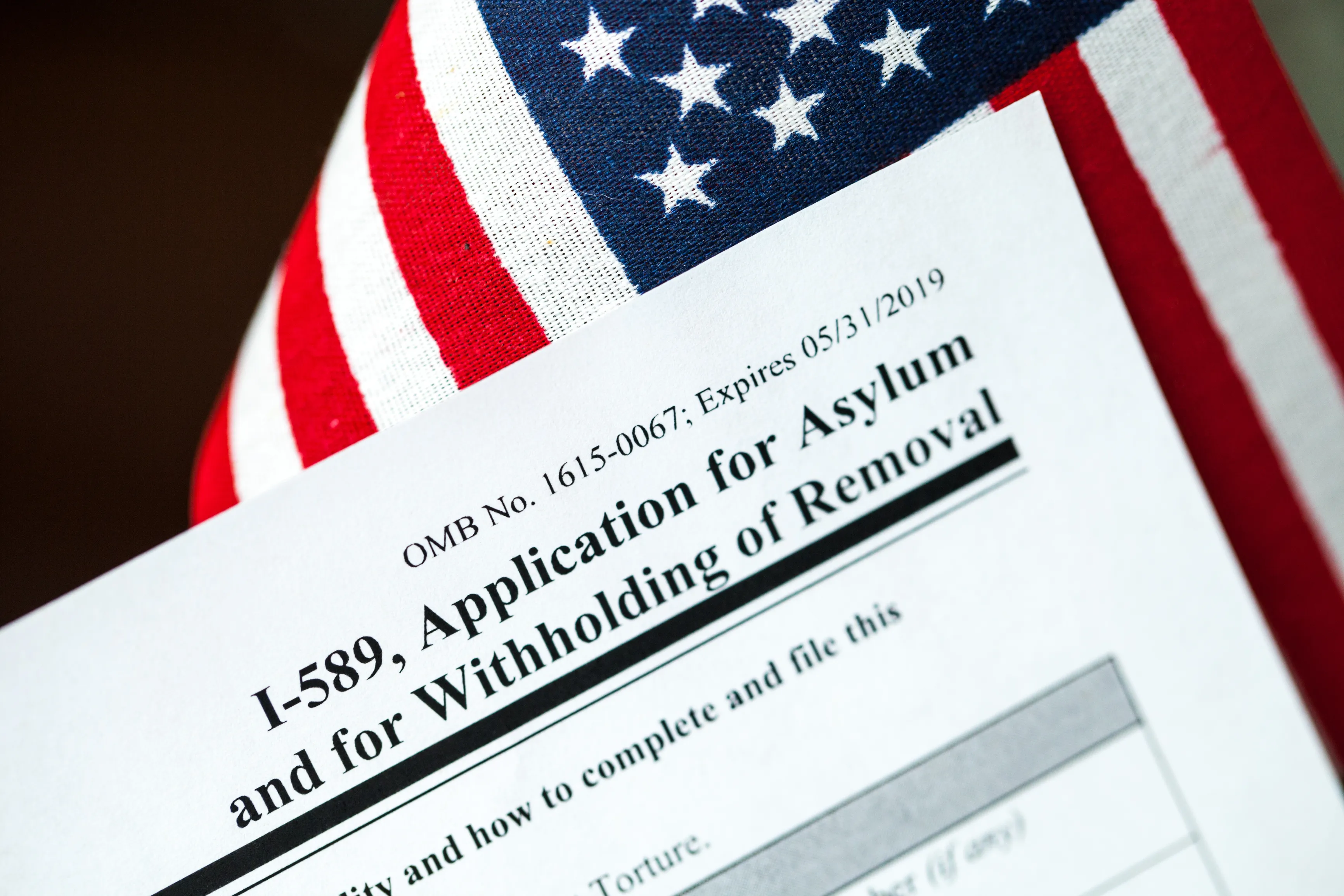
‘Counterproductive and cruel’: Advocates form coalition to protect Medicaid from federal cuts
Fifteen years ago, Stacy Stanford’s life was turned upside down when a car accident triggered what she called a “storm of health issues, leaving me unemployed, uninsured and undiagnosed.”
“I was sick and scared, visiting free clinics and charity-care doctors, and leaving with more questions than answers,” she said. “One doctor was sure I had MS (multiple sclerosis). Another clinic worried it was early onset Parkinson’s disease. But without health insurance, I couldn’t afford the array of specialists and tests needed to find an answer.”
The mystery of her illness left her with no diagnosis, meaning she had no way to qualify for Medicaid at the time. She said it’s a sadly familiar story for many people with chronic illness, people with cancer or others that have had to endure a “long, excruciating process” just to get a diagnosis.
“I was clearly sick, visibly disabled, yet unable to ‘prove’ myself to the state — leaving me ineligible for Medicaid,” she said.
Stanford went on to become an activist who was key in the grassroots effort to get Medicaid expansion on Utah’s ballot in 2018. Voters approved it, forcing the Republican Utah Legislature to expand Medicaid coverage to adults earning up to 138% of the federal poverty level.

“Today, thanks to Medicaid expansion, the barrier to coverage is much lower, with Utahns now eligible based on their income, not relying on documentation of disability,” Stanford said. “This means disabled and chronically ill people are gaining access to care, without needing mountains of paperwork.”
That is, “at least for now,” she added.
More than a decade after fighting for Medicaid coverage, Stanford was back at it again, standing alongside at least two dozen other advocates on a drizzly Tuesday at Pioneer Park in downtown Salt Lake City. There, they held a news conference calling on state and federal leaders to protect Medicaid programs and stand against cuts that could jeopardize medical coverage for hundreds of thousands of Utahns and Americans.
As part of the federal budget reconciliation process, Republicans in Congress are eyeing at least $880 billion in Medicaid spending cuts, including “per capital caps” on federal Medicaid payments to states that expanded the program under the Affordable Car Act, The Hill reported.
Anticipating the GOP-controlled White House and Congress’ appetite to rein in Medicaid, Utah state officials are also preparing to re-submit the state’s work requirement on the state’s Medicaid expansion population, which totals an estimated 75,000 Utahns.
Low-income, disability and health advocates have urged against state officials’ decision to reinstate the work requirements, saying it would impose administrative burdens on an already vulnerable population and could even result in loss of life-saving medical benefits for many.
Tuesday, advocates joined together as the newly formed Protect Medicaid Utah Coalition, which launched a campaign seeking to highlight the importance of Medicaid in Utah and how “devastating” potential federal cuts could be. The coalition of advocacy groups includes:
- Disability Law Center
- USARA
- Association for Utah Community Health
- United Way of Salt Lake
- NAMI Utah
- Utah Consumer Oral Health Coalition
- American Cancer Society Cancer Action Network
- Voices for Utah Children
- United Today, Stronger Tomorrow
- Utah Health Policy Project
- TBCK Foundation
The coalition estimated that federal cuts could result in a loss of $500 million for Utah Medicaid, loss of coverage for more than 10,000 Utahns with behavioral and mental health conditions, and it could put some 7,000 jobs at risk, including thousands in health care.
Stanford — now regional senior manager of grassroots organization for the American Cancer Society Cancer Action Network — said cancer patients would also suffer from proposed cuts or work requirements.
She pointed to an analysis that showed 1 in 10 people with a history of cancer rely on Medicaid for their health coverage, and a 2022 study that showed about 1 in 3 children diagnosed with cancer were enrolled in Medicaid at the time of their diagnosis.

“Access to Medicaid increases cancer survival rates, increases the number of people who get cancer screenings and preventive services, helps more cancer patients and survivors get insurance coverage, leads to more early cancer diagnoses and helps people with cancer access timely treatment,” she said. “Protecting cancer patients means protecting Medicaid.”
As for state leaders looking to impose work reporting requirements again, Stanford said that means “patients will, again, need to prove on paper that they meet the requirements or the exemptions.”
“This means applying for and documenting 48 job applications,” she said. “This means proving to the government that you are disabled — even though that definition is far from clear. This means paperwork getting between patients and treatment.”
But especially for those who have a difficult time even getting a diagnosis, that adds an impossible barrier for medical coverage that could mean the difference between life and death, she said.
“The reality of disease and disability is far from a clear-cut line between the sick and the well,” she said. “Someone can be incredibly ill, with no paperwork to prove it. … A person can spend years in pain, confined to a bed or a wheelchair, without having a diagnosis on paper from a physician. This is why it’s so important to eliminate as many barriers as possible between people and access to health care.”
Bottom line, Stanford said there is simply “no way to cut Medicaid without harming people with illnesses and disabilities.”
“There is no exemption that could be added that would eliminate the burden of needing to prove one’s health status to the government,” she said. “There is no way to separate the ‘deserving’ from the undeserving when you are taking away people’s health care.”
Evan Done, advocacy and public policy director for USARA, a group that advocates for Utahns recovering from substance abuse, said adding barriers to Medicaid coverage like work reporting requirements would be devastating for people who rely on medical treatment to manage their conditions, whether that be depression that sometimes prevents them from getting out of bed, or anxiety that makes it difficult to interact with case workers.
“Threatening to remove health care, the very tool that people need to manage their conditions and become job ready,” he said, “is counterproductive and cruel.”

















